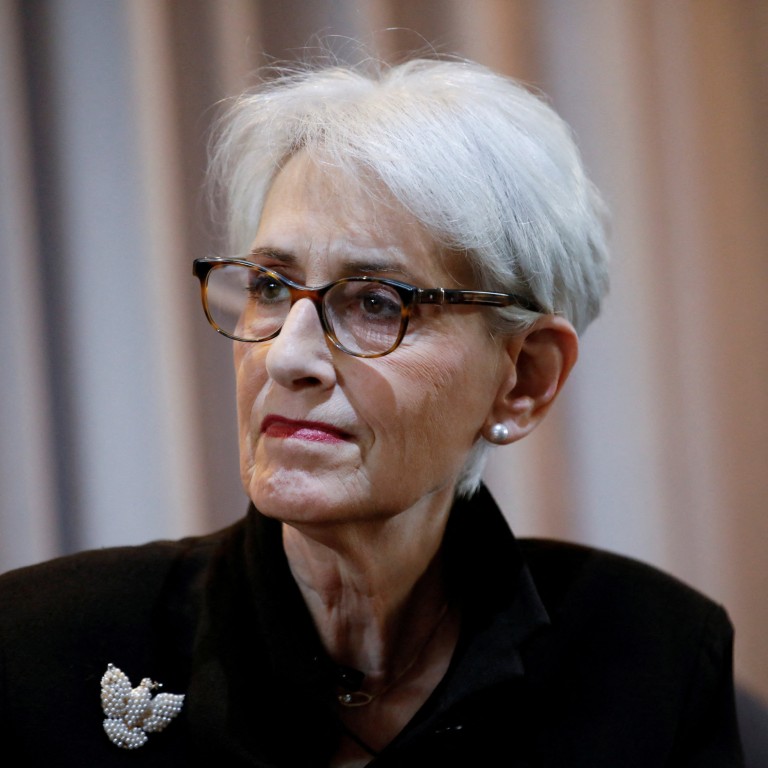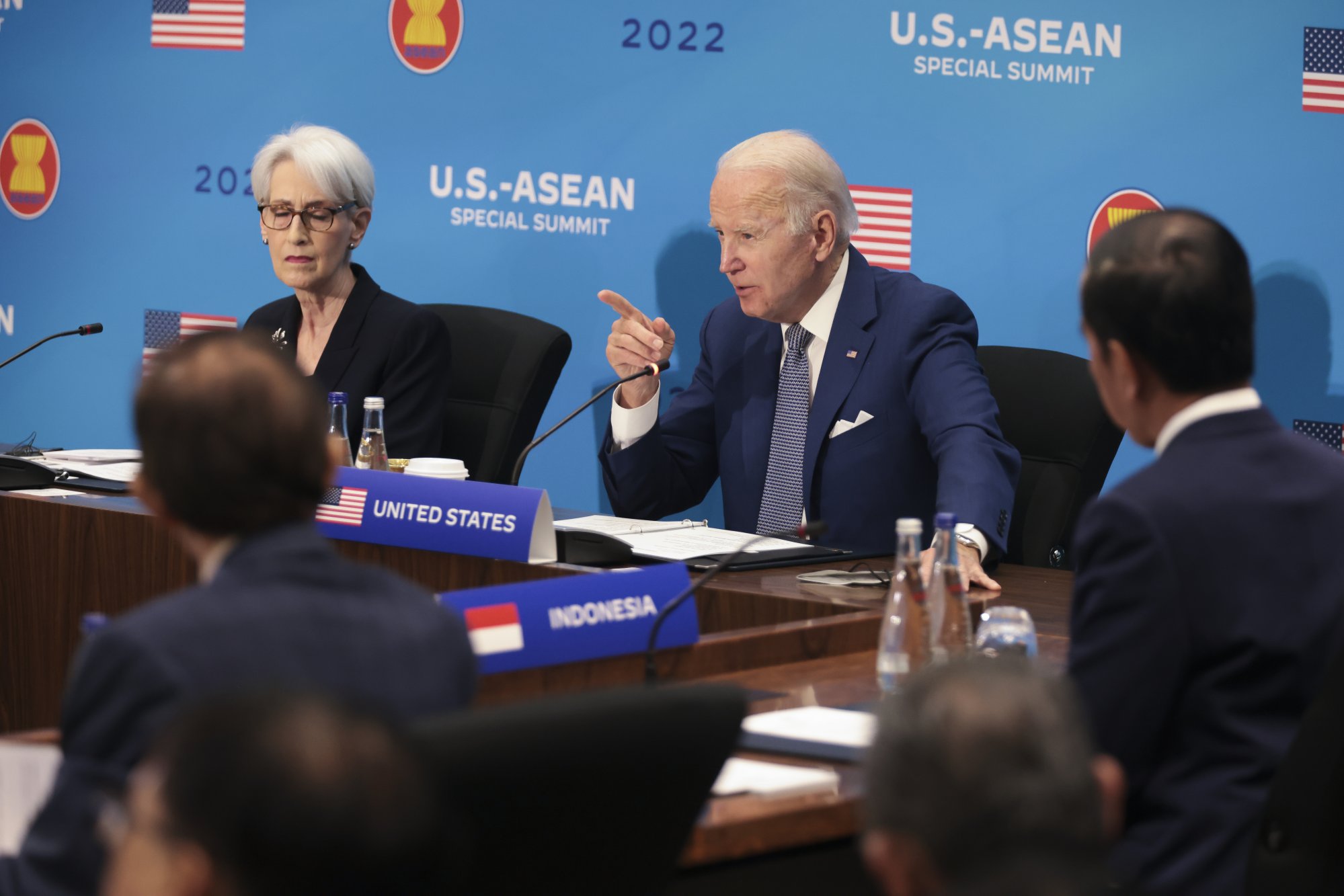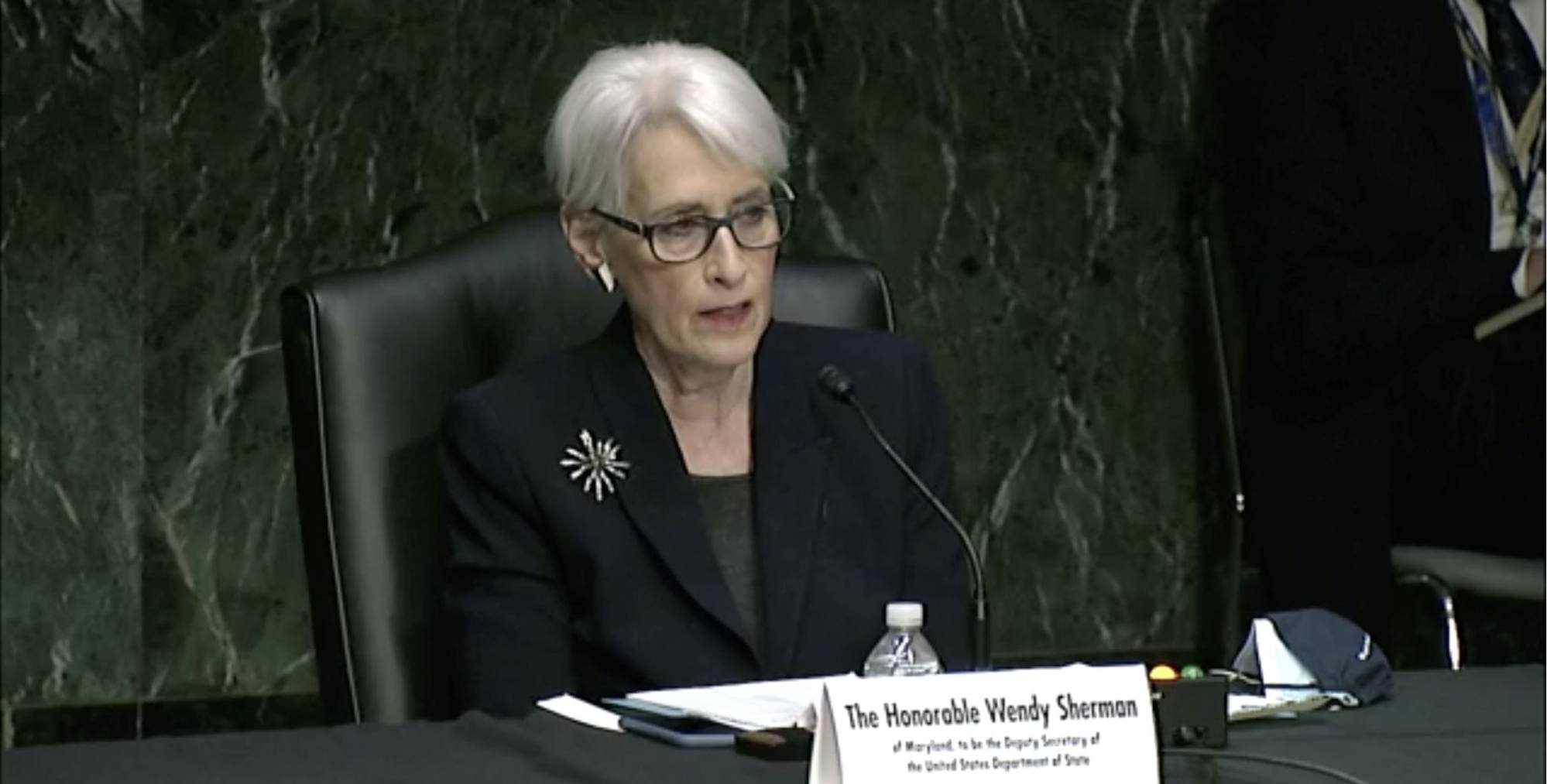
Retirement of US Deputy Secretary of State Wendy Sherman, top China negotiator for Biden administration, announced
- Long-time State Department official oversaw American efforts to boost capabilities ‘to manage our relationship’ with Beijing, says Antony Blinken
- Sherman navigated between those arguing US engagement with China has led to too many concessions and those urging communications stay open
“Wendy has helped lead our engagement in the Indo-Pacific, the region where the history of the 21st century will be written,” Blinken said in a statement announcing her departure.
“She has overseen our efforts to strengthen the department’s capabilities to manage our relationship with the People’s Republic of China, and built greater convergence with allies and partners.”

“Our nation is safer and more secure, and our partnerships more robust, due to her leadership,” Blinken said on Friday.
Sherman was expected to leave this summer, CNN reported on Thursday. Her successor is not yet known.
Blinken had largely delegated the department’s China policy to Sherman.
Sherman held a position requiring her to balance the concerns of those arguing Washington’s previous strategy of engagement had led to Beijing extracting too many concessions and those urging that bilateral lines of communications be kept open to avoid misunderstandings and crises.
Will latest talks help open a new chapter in US-China relations?
Sherman has spoken of modernising the State Department’s response to Beijing’s “aggressive military, diplomatic, and economic practices”. But she has also said repeatedly the US does not want countries to choose between itself and China.
At a February event hosted by the Brookings Institution, a Washington-based think tank, Sherman said the US was not seeking “decoupling anywhere” and was instead seeking “de-risking where it makes sense” in regard to China.

Asked what high-level engagements would take place after Sullivan’s meeting, National Security Council spokesman John Kirby told reporters on Friday: “We hope that it will lead to additional opportunities to advance conversations with the Chinese to include Blinken getting over to Beijing” and for Treasury Secretary Janet Yellen and Commerce Secretary Gina Raimondo to follow.
“In terms of a phone conversation between President Biden and President Xi, I don’t have anything to report … except to say what the president has said himself, and that is that he does want to have another phone conversation with President Xi and we’re confident that will happen at the appropriate time,” Kirby said.
The Senate confirmed Sherman as second in command at the State Department in April 2021. She is the first woman to hold the position.
Additional reporting by Robert Delaney in Washington

